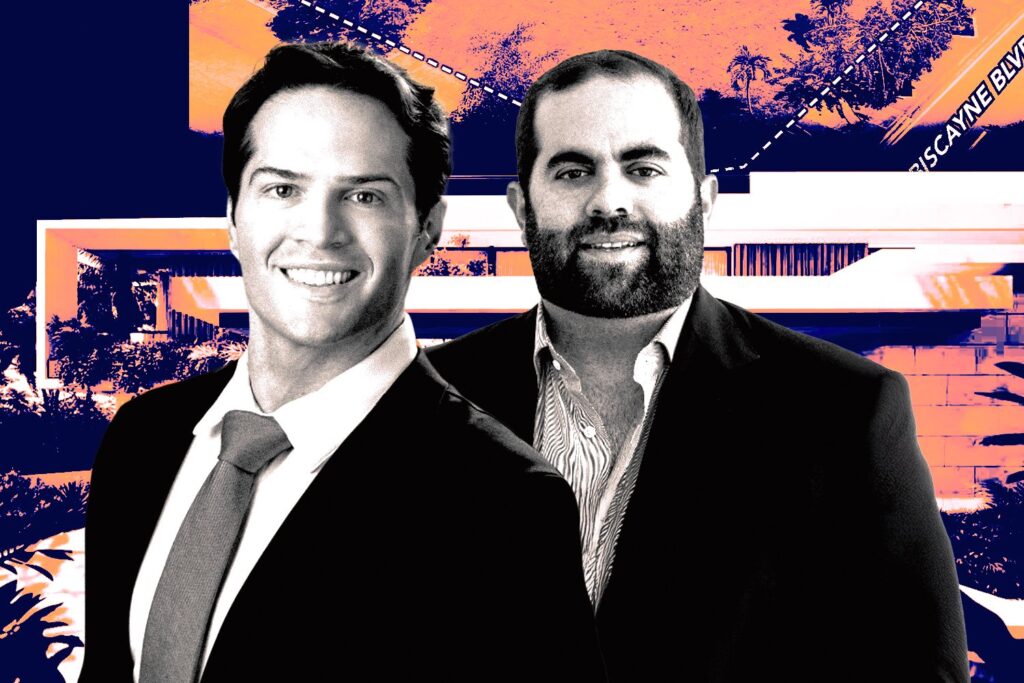Miami Lawyer’s Lawsuit Sparks Heated Dispute with Canero Group
A legal showdown is unfolding between Miami attorney Justin Rundle and the Canero Group, led by developers Jose Canero Jr. and Sr., over the management of several real estate projects. Allegations of ethical violations and mismanagement highlight this turbulent relationship, drawing attention across Miami-Dade County.
Allegations of Mismanagement and Ethical Violations
Rundle has filed a lawsuit claiming he and other investors invested $6.1 million in several developments situated in Homestead, Coconut Grove, and Miami’s Upper Eastside. He specifically accuses the Caneros of mismanaging the projects and making unauthorized payments to themselves from project funds. Rundle, who personally invested $625,000, seeks damages exceeding $3 million due to financial loss and reputational damage.
In June, the Caneros countered Rundle’s claims, stating he breached trust and violated Florida Bar rules. These rules require an attorney to disclose any business relationships with current or former clients prior to pursuing such partnerships. “I trusted Justin as my attorney and friend,” said Jose Canero Jr. in an interview. “To say we were blindsided by these accusations is an understatement.”
A Complex Business Relationship
Background on Canero Group
Founded in 2012, the Canero Group specializes in the development of luxury homes and multifamily projects. The Caneros assert that prior to the lawsuit, they had never faced legal action and had consistently delivered substantial returns for their clients. They argue that Rundle, not they, initiated the investment discussions in 2022 after working as their attorney on real estate contracts.
Questionable Operating Agreements
Rundle allegedly redrafted operating agreements that were more beneficial to him while detrimental to the Caneros. This manipulation is central to the Caneros’ defense, as these documents include clauses mandating conflict resolution through arbitration. The Caneros assert that Rundle has disregarded these stipulations, aiming to escalate the conflict to litigation instead of arbitration.
Ethics Under Scrutiny
Rundle stands accused of neglecting critical Florida Bar regulations. After becoming a partner with the Caneros, he attempted to secure a waiver for a conflict of interest in 2024 — two years after establishing his partnership — violation of established ethical guidelines. “I meant to get this done a while ago, and we never got around to it,” he wrote in an email to the Caneros’ counsel when seeking the waiver.
Financial Records and Transparency
The Caneros maintain that the projects in question are financially sound, with thorough accounting practices in place. Each development has distinct QuickBooks accounts, managed by professional bookkeepers. They emphasize that the projects are profitable and that Rundle’s allegations have propelled unnecessary panic among investors leading to premature decision-making.
“Rundle’s accusations made investors panic, to the point that we had to sell the property before we could even break ground,” Canero Jr. recalled.
Legal Proceedings and Next Steps
As this legal battle unfolds, a motion for arbitration has been filed by the Caneros, asserting that Rundle is attempting to evade accountability. Rundle’s attorney, Ryan Clancy, contends that the appeal for private arbitration signals the Caneros’ attempt to conceal the truth. “Defendants push for private arbitration when they have something to hide,” Clancy stated.
Summary of Key Points
- Investments: Rundle claims investment mismanagement in projects exceeding $6.1 million.
- Claims: Allegations include unauthorized self-payments by the Caneros and unethical legal conduct by Rundle.
- Defense: The Caneros assert all financial practices are transparent and that Rundle’s behavior has damaged their reputation among investors.
- Legal Proceedings: Arbitration motions highlight the complexities of this dispute, as both parties prepare for a challenging legal journey ahead.
Conclusion
The unfolding legal battle between Justin Rundle and the Canero Group has implications for the wider real estate community in Miami-Dade County. As both parties prepare for arbitration, the outcome may set important precedents regarding attorney conduct and investment partnerships in Florida.
For further insights into ethical practices in real estate development, visit Florida Bar and stay informed about ongoing legal trends affecting the industry.


